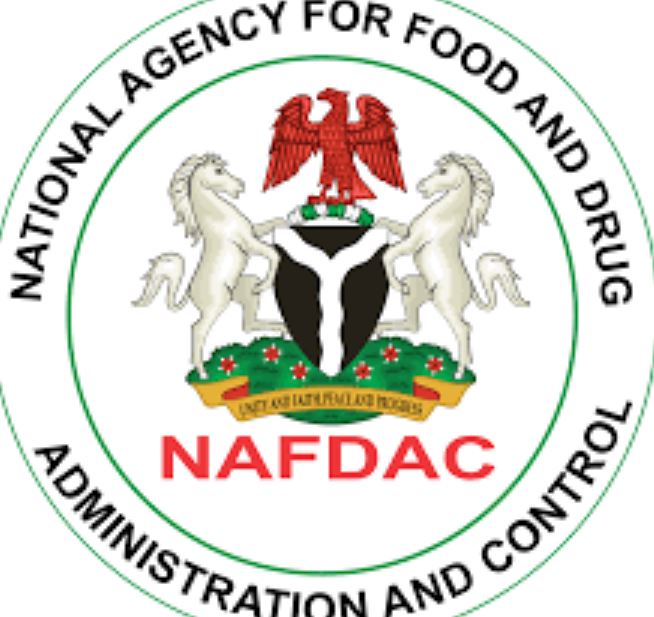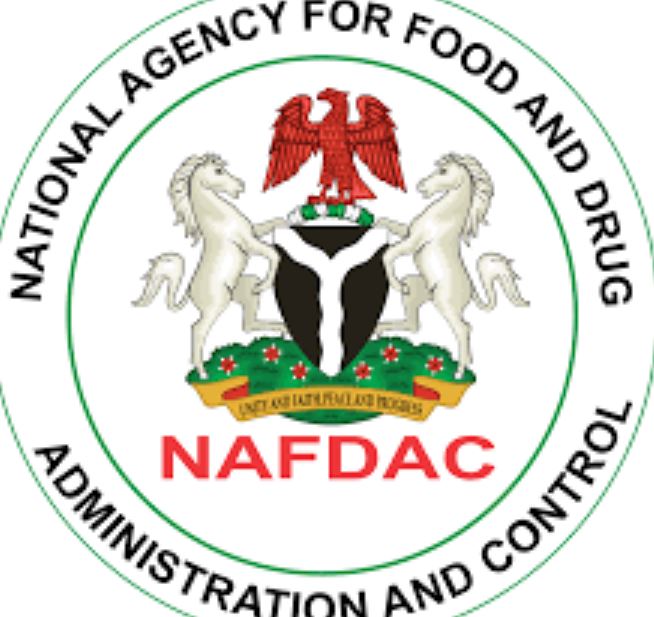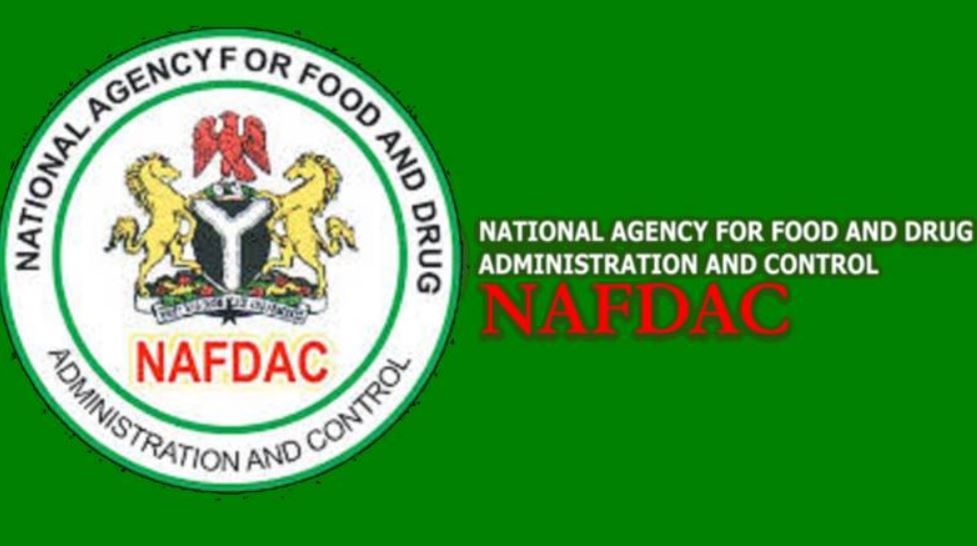
The Full Meaning of NAFDAC And Their Functions
NAFDAC stands for National Agency for Food and Drug Administration and Control. This acronym represents Nigeria’s regulatory body responsible for controlling and regulating the manufacture, importation, exportation, distribution, advertisement, sale, and use of food, drugs, cosmetics, medical devices, chemicals, and packaged water.
The full name indicates the agency’s primary focus areas:
- “National” – It operates at the federal level across Nigeria.
- “Agency” – It’s an official governmental body.
- “Food and Drug” – These are the primary products under its scope.
- “Administration and Control” – This indicates its regulatory and supervisory roles.
READ ALSO: How To Carry Out NAFDAC Registration (Step-By-Step)
Overview Of NAFDAC
The National Agency for Food and Drug Administration and Control (NAFDAC) is Nigeria’s federal body responsible for ensuring that food, drugs, and other regulated products meet health and safety standards.
Established in 1993, NAFDAC operates under the Federal Ministry of Health. Its mission is to protect the public from unsafe products like fake drugs, adulterated food, harmful chemicals, and cosmetics.
By regulating the import, export, production, sale, and distribution of these items, NAFDAC aims to improve public health and safety across Nigeria.
NAFDAC was created due to the serious issue of counterfeit drugs and unsafe products circulating in the Nigerian market.
The situation was so severe that neighboring countries like Ghana and Sierra Leone banned the sale of Nigerian-made drugs.
The organization’s founding was also influenced by a 1988 World Health Assembly resolution, which called on countries to fight the global health threat of counterfeit pharmaceuticals.
NAFDAC’s establishment came after over 150 children tragically died from a contaminated paracetamol syrup incident in 1989.
Headquartered in Abuja, NAFDAC operates with several departments dedicated to overseeing different aspects of its work.
These include regulation and control of drugs, food, cosmetics, chemicals, medical devices, and bottled water. It also conducts inspections, runs tests, and ensures products meet quality standards.
NAFDAC’s core role is to make sure that any regulated product that reaches the Nigerian market is safe for public use.
The agency’s work helps prevent the circulation of dangerous products that can harm people’s health. Over the years, NAFDAC has introduced several policies to strengthen its fight against fake drugs and unsafe products.
In 2001, for instance, the agency implemented a policy to ban the importation of regulated products through land borders.
Instead, the importation of such items is restricted to specific seaports and airports in Nigeria. This policy was part of a larger effort to control the flow of counterfeit products into the country.
Additionally, NAFDAC monitors shipping and cargo manifests to ensure the proper importation of pharmaceuticals and related items.
However, NAFDAC is not only focused on local products. It also guarantees that imported goods comply with Nigerian standards.
The agency inspects food, drugs, and other items brought into the country to ensure they are safe for consumption. NAFDAC also issued quality certifications for Nigerian products being exported to other countries.
The leadership of NAFDAC consists of a chairman and a governing council, which includes representatives from various sectors, such as the Ministry of Health, the Standard Organization of Nigeria, and the National Drug Law Enforcement Agency (NDLEA). The agency also maintains close relationships with both local and international organizations to support its mission.
These partners include the World Health Organization (WHO), the United Nations International Drug Control Programme (UNDCP), and the U.S. Food and Drug Administration (USFDA).
READ ALSO: Complete List Of Inspector Generals Of Police Till Date
What Are The Main Functions Of NAFDAC?
Here are the five main functions of NAFDAC:
1. Regulation Of Food And Drug Products
One of NAFDAC’s primary duties is to regulate food, drugs, cosmetics, medical devices, and chemicals. Before any of these products are allowed into the market, NAFDAC makes sure they are safe and work as intended. They do this by checking the manufacturing facilities and testing products for quality.
This helps prevent harmful or fake products from reaching you, keeping you safe and healthy. NAFDAC’s regulations build trust in the products you use daily, ensuring they meet the right standards.
2. Product Registration And Licensing
NAFDAC is also responsible for the registration and licensing of food and drug products. Before companies can sell these products, they must register them with NAFDAC.
This involves reviewing the product’s ingredients, labeling, and how it is made. By licensing manufacturers, NAFDAC keeps a close eye on the products entering the market, making sure they are safe.
This also helps prevent illegal or unsafe items from being sold. NAFDAC continues to monitor products even after they’re released to track any side effects.
3. Enforcement Of Quality Standards
NAFDAC enforces strict quality standards for all food and drug products. They carry out regular inspections of production plants, storage facilities, and shops to ensure compliance.
If a company doesn’t meet these standards, NAFDAC can impose penalties like fines or recall the product. By enforcing these rules, NAFDAC helps keep counterfeit or low-quality products out of the market, protecting your health and boosting confidence in the products you buy.
4. Public Health Education And Awareness
Another core function of NAFDAC is to educate the public about health and safety. They run campaigns to teach you about the dangers of fake drugs, poor nutrition, and other health issues.
Through workshops, seminars, and media outreach, NAFDAC helps you make smarter choices when it comes to food and drug use. Their goal is to empower you with the knowledge to protect yourself and your community from health risks.
5. Collaboration With International Organizations
NAFDAC also works with international organizations like the World Health Organization (WHO) to stay up-to-date with global health standards.
NAFDAC can improve its regulations and share best practices, by partnering with these groups. This helps the agency tackle challenges such as pandemics and drug resistance more effectively.
READ ALSO: List Of NAFDAC Director General To Date
What Are The Requirements For NAFDAC Registration?
To register a product with NAFDAC (National Agency for Food and Drug Administration and Control), you need to meet certain requirements to ensure your product is safe and effective for consumers. Here are the five key things you’ll need for a successful NAFDAC registration:
1. Pre-Production Inspection Or Certificate of Recognition
Before you can register your product, NAFDAC needs to see proof of a pre-production inspection or a Certificate of Recognition.
This inspection checks that your manufacturing facility follows Good Manufacturing Practices (GMP), ensuring that the equipment, hygiene, and overall environment are up to safety standards. Without this certificate, you won’t be able to move forward with registration.
2. Trademark Approval
If your product has a brand name, you must get trademark approval from the Federal Ministry of Commerce to confirm that your brand name is legally protected and doesn’t infringe on anyone else’s trademark.
Getting this approval helps you avoid legal issues down the line and protects your intellectual property. It also makes sure that consumers won’t be confused by similar brand names. You need to have this approval before starting the registration process with NAFDAC.
3. Certificate Of Incorporation
NAFDAC requires a Certificate of Incorporation, issued by the Corporate Affairs Commission (CAC). This certificate proves that your business is legally recognized in Nigeria.
It also gives NAFDAC important information about your company, like its registration number and the date of incorporation. This step ensures your business is accountable and helps NAFDAC keep track of all registered entities.
4. Comprehensive Certificate Of Analysis (CoA)
You will need to provide a comprehensive Certificate of Analysis for the product batch you want to register. This certificate, issued by the manufacturer, contains detailed information about the product’s quality and safety, including its composition and testing results.
However, the CoA must be signed by an authorized analyst. NAFDAC uses this document to confirm that your product meets safety and quality standards. Without a complete and accurate CoA, your product won’t pass the registration process.
5. Application Form Submission
Also, you’ll need to fill out and submit the official NAFDAC application form (Form D-REG/001). The form asks for details like your company’s name, the brand name, a description of the product, and its intended use.
Make sure to fill this out accurately, as any errors could cause delays or even rejection of your application. You’ll also need to pay the necessary fees at this point. This form is your official entry into the NAFDAC registration process, so it’s an essential step.


